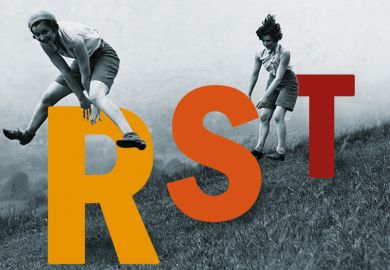The title of this book is misleading in two ways. First, it is not simply devoted to the praise of prejudice but differentiates between what its author terms "good" and "bad" prejudice. Second, the bulk of the book is an attack on what Theodore Dalrymple sees as the excesses of rationalist thinking rather than a justification of prejudice. Indeed, he considers that prejudices cannot be justified logically and instead settles for attempting to demonstrate their inevitability. Apparently prejudice resides beyond the realm of rational understanding - a view that might render the author's task of "praising" it tricky. So it proves.
Dalrymple begins by quoting a standard definition of prejudice that defines it in comprehensively negative terms and then cites racism as a classic example. Unfortunately, he never clarifies how prejudice so defined can in any circumstances be "good". This is not wholly confusing, as it becomes obvious that what he means by "good prejudice" is certain values he regards as "good". But he does not specify what these values are or why they are "good" and others "bad".
He does argue that "good" values are embedded in historical wisdom, which also remains undefined, but is underpinned by authority and custom. If the theory is slight, Dalrymple is clear about what he likes in practice: the conventional family, strict teachers, no liberal nonsense in the legal system and so on.
He is more prolix about the kind of thinking he dislikes. He posits a growing trend to arrogant and egoistical rationalism beginning with Descartes, extended by John Stuart Mill and seeping down in vulgarised form to the modern masses.
He criticises Mill for advocating free thinking and failing to understand the roles of authority and tradition. In fact, Mill's advocacy of the maximum degree of individual liberty compatible with the liberty of others does not imply a disregard for social custom and decency. However, whereas Mill concedes a role for the state in this context, Dalrymple prefers cultural censor and conformity.
Much of the rest of the book loads on to his initial argument a mass of associations cumulatively intended to damn "radical" rationalism. His argument collapses under the weight of unsubstantiated assertion. He notably fails to address the contribution of global capitalism to present ills and discontents. Perhaps as a contributing editor to City Journal he is reluctant to disturb his prejudices in this respect.
In his references to "consumer choice", he reverts to an ethic of individual responsibility, blaming the egotistical consumer rather than the system.
In fairness, Dalrymple generally writes well and offers some nuggets of homespun wisdom. Anything less would be surprising of someone who has spent a career in medical practice, much of it among, if he will allow the phrase, the disadvantaged. But this work is not of the quality required to make a serious impact on social theory. Its eye-catching title may give it 15 minutes of notoriety but no more. Let us hope for something more challenging from the rest of this "Brief Encounters" series of books.
In Praise of Prejudice: The Necessity of Preconceived Ideas
By Theodore Dalrymple
Encounter Books
129pp
£10.99
ISBN 9781594032028. Published 31 August 2007



